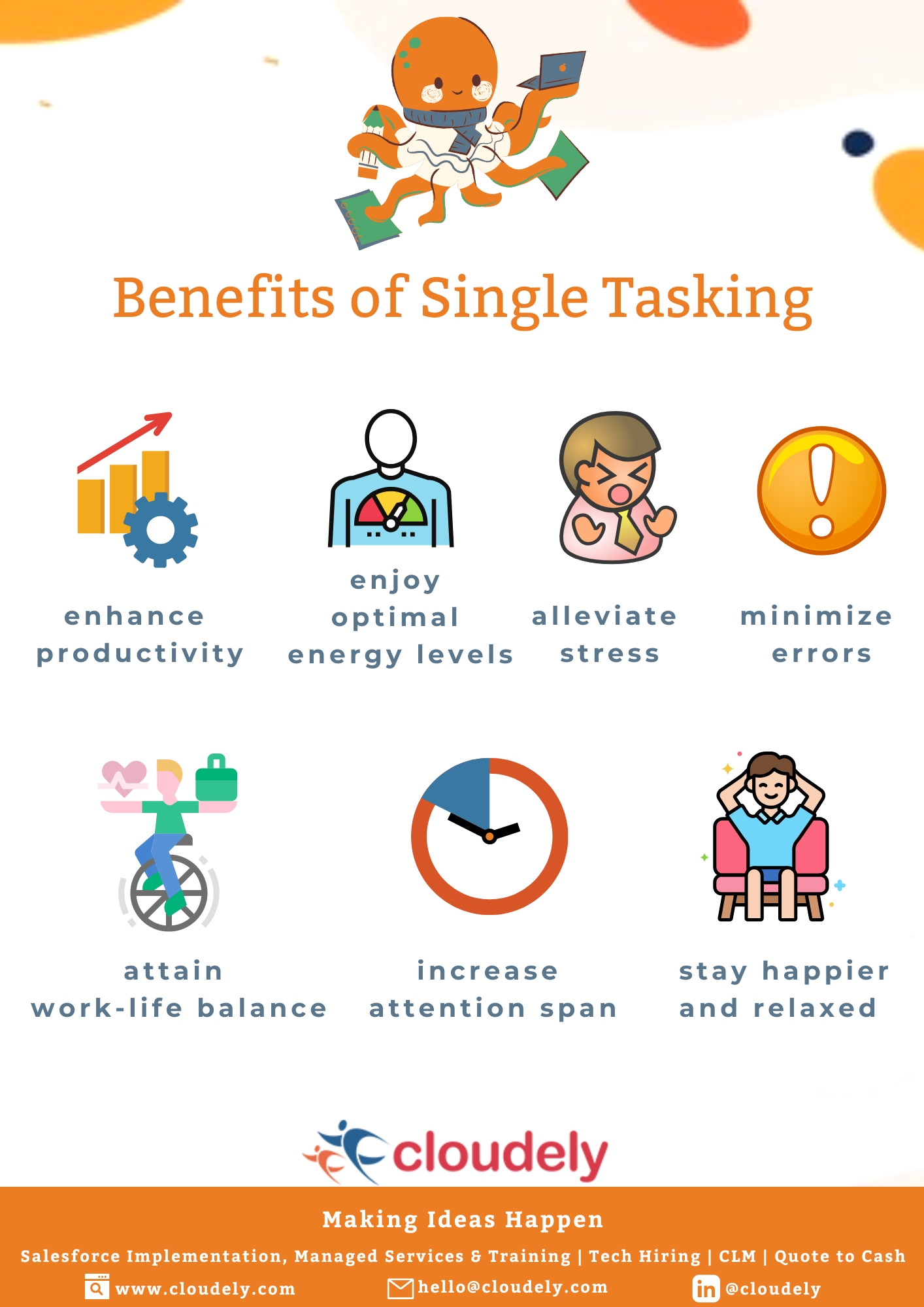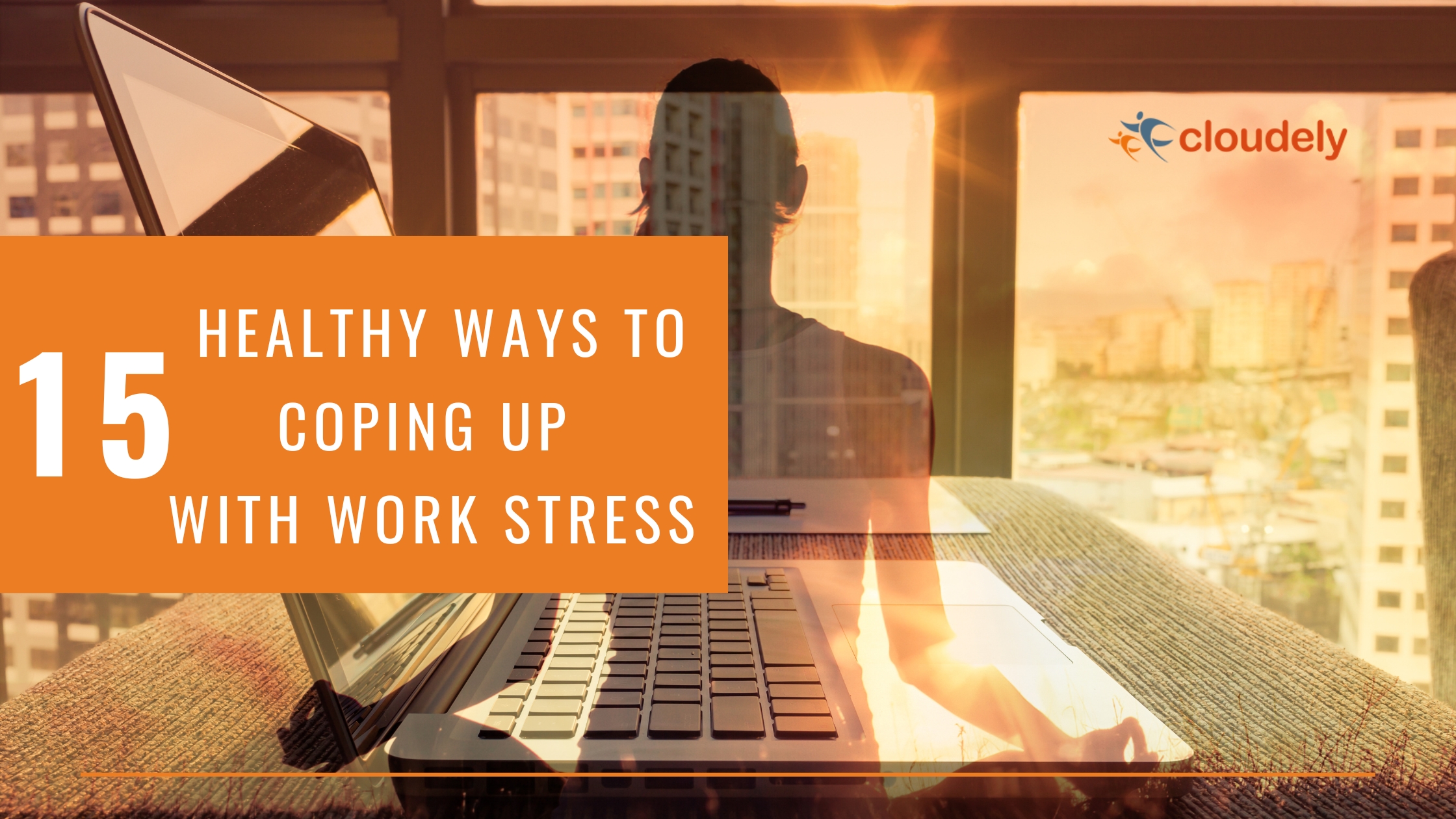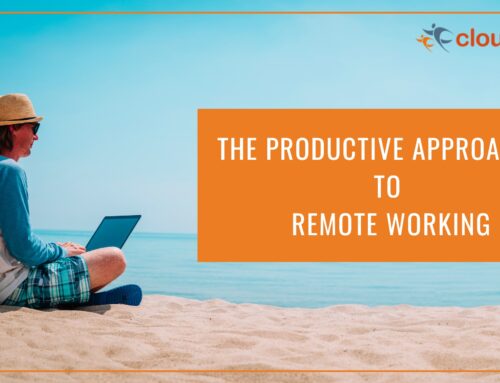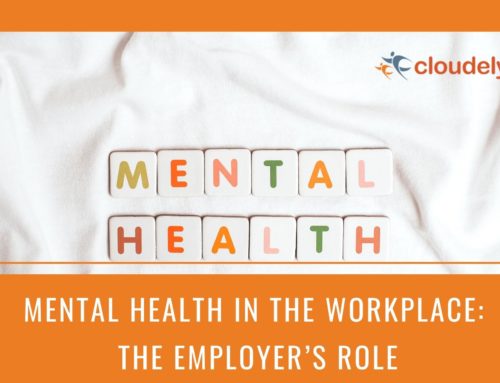There is no question that work stress can take its toll on our mental and physical health. In fact, according to the American Institute of Stress, workplace stress costs US businesses an estimated $300 billion annually in lost productivity.
Whether dealing with a demanding boss, career pressure, challenging co-workers, or overwhelming workloads, most people experience some stress in their jobs. While up to a certain level, it can be healthy and normal and can even be necessary for good performance, beyond a point, workplace stress can cause irrevocable damage to employee health and motivation levels.
Table of Contents
Stress at work is a common problem
According to Stress.org, workplace stress is a weighty contributor to many non-communicable diseases (NCDs) like hypertension, diabetes, and mental disorders. Untreated stress can even create serious mental health problems for employees and cost both companies and governments.
Here we present a compilation of statistics that indicate the intensity of workplace stress and why coping up with work stress assumes importance:
- In the US, individuals in the age group of 30-49 experience workplace stress the most.
- A study by Everest College revealed that 83% of US workers are victims of workplace stress.
- A report in Deccan Herald indicates that, in India, the prevalence of stress at the workplace is 10% to 75%.
- According to APA, women experience higher stress than men. On a scale of 10, the stress scores of women and men are 5.1 and 4.4, respectively.
Related Reading: Health and fitness tips for working women
Common sources of work stress
Contrary to the notion that a higher workload leads to workplace stress, several adjoining factors trigger workplace stress.
- Workplace politics and career pressure
- Unsatisfactory wages/salary
- Demotivating work environment
- Lack of recognition for hard work
- Lack of career growth opportunities
- Workload demands consume the personal life
- Absence of support community at the workplace
- Absence of freedom to make work-related decisions
- Lack of understanding of roles and responsibilities
- Mismatch between personal career goals and work
Related Reading: Productivity hacks for super busy professionals
How to identify workplace stress?
As Bill Phillips puts it – “Stress should be a powerful driving force, not an obstacle.” Workplace stress, at the initial levels, can help deliver work output and motivate to complete work faster and with enthusiasm. However, if any of these below symptoms occur frequently, it is time to check if you are a victim of workplace stress:
- Frequent, unexplained headaches, stomach pain, and sleep issues
- Temper-related issues, too beyond the normal levels
- Inability to focus, communicate, or show enthusiasm at work
- High blood pressure and dip in immunity levels
- Tendency to overeat, craving junk food, smoking, drugs, and alcohol
What can you do to reduce stress at work?
While there are many ways to coping up with work stress, here are five tips that can help you manage it at work:
Tip#1: Identify your stressors
Monitor your thoughts and responses every time you find stress coming at you.
- Do certain people/tasks stress you out?
- How do you react when stressed? Talking in a louder voice? Eating carb-rich foods? Smoking? Going out for a walk?
- Are you taking more time than usual to come out of such stress-related actions?
Noting such patterns helps identify the root cause and your reaction to workplace stress.
Tip#2: Learn to gain stress relief through healthy outlets
Stress can push the human mind towards activities which give short-term relaxation such as overeating, caffeine addiction, drinking, and smoking. However, switching to healthy stress outlets benefits in the long run.
Inculcate certain healthy practices as below to cope up with work stress and attain relief from its side effects:
- Minimize caffeine and alcohol
- Gain quality sleep every day for 7-8 hours
- Spend time with family, pets, children, and elderly
- Practice breathing exercises, meditation, and yoga
- Eliminate exposure to digital screens before bedtime
- Relax in nature, gardening, and walking amidst greenery
Tip#3: Talk to your superiors
Workplace stress can impact both the employee and the employer. While the employee faces the effects on their mental and physical health, employers might have to bear the costs of stressed employees in the form of reduced productivity, absenteeism, medical expenses, and diminished outputs.
Speak to your employer or supervisor at the earliest sight of workplace stress. An open discussion with your boss or manager will help to come up with possible solutions to alleviate your work-related stress.
Communicate your stress triggers and potential solutions. Discuss possible options to change the department, work timings, or location if they are the causes of work stress. Seek additional tools and solutions that aid in dealing with the workload if a higher workload is causing stress.
Tip#4:Lean on to a support system
Reputed employers establish employee assistance programs as a part of their work culture. Seek the help of such support programs, provided your employer offers one. As another approach, lean on a support system at the workplace.
Whether it is friends, mentors, or trusted aides at work, discuss your workplace stress to attain relief from the burden and get the necessary help.
Consulting an organizational psychologist is another proven way to win over workplace stress. Their suggestions and tips help to change your approach towards stress-related causes, career pressure, and guide you to coping up with work stress.
Tip#5: Set boundaries
As work pervades into personal space, stress can slowly creep into our lives. To avoid such situations, maintain boundaries between work and personal lives and understand how to not bring work stress home.
Switch to device-free routines on weekends and days off. Refrain from the temptation to check and respond to emails and work-related messages during bedtime and family time.
Practicing such simple tips can establish a healthy work-life balance and keep workplace stress at bay.
Related Reading: 17 Ways to employee encouragement

Workplace stress tips
In addition to the above-mentioned healthy routines to gain relief from work-related stress, below are simple yet effective tips to prevent and combat work stress:
- Take the help of the team if you experience higher workloads.
- Tend to non-work-related healthy hobbies to destress and relax.
- Maintain your circadian rhythm through regular timings for food and sleep.
- Monitor your responses when under stress and come up with healthy alternatives.
- Focus on healthy eating and exercising to activate happy hormones and develop a healthy body.
- Inculcate healthy eating, breathing exercises, walking, sports, and quality sleep in your daily routine.
- Connect and communicate with others in the workplace to feel motivated, share your concerns, and relieve work stress.
- Learn time management, set priorities, and plan accordingly. Switch to single-tasking to focus your energy and for quality outputs.
- Ditch perfectionism and focus on productivity and engagement. Instead of sweating out on small details, learn to move on to the next assignment if you find the current task satisfactory.
Identify and protect yourself from office stress
The signs and triggers of work stress can vary from one individual to another. Observe the conditions that create stress and how you release it. Establish barriers and master the techniques of how to not bring work stress home. Coping up with work stress can seem an uphill task. But with the practices mentioned above, one can witness a difference.






